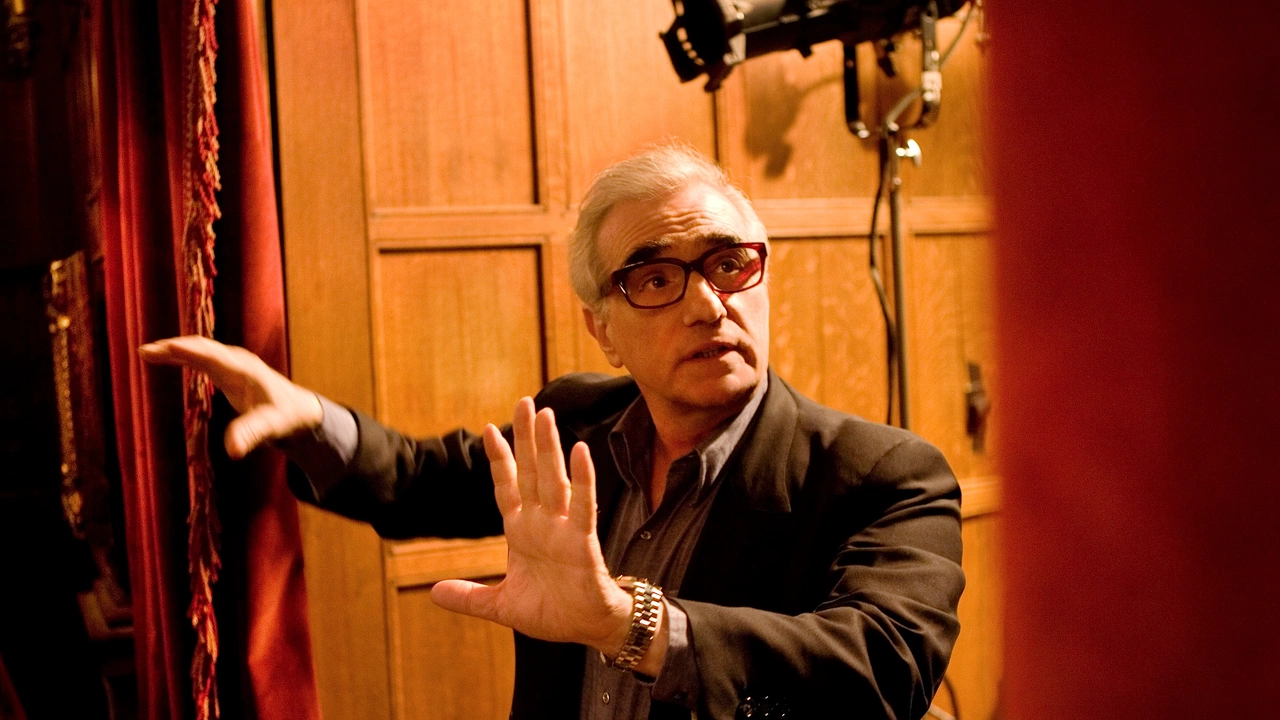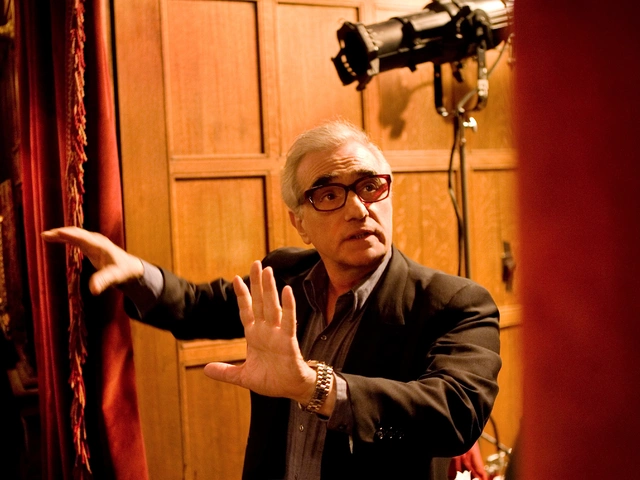Understanding the Genius of Martin Scorsese
As a film enthusiast, one cannot help but be captivated by the sheer brilliance that is Martin Scorsese. His work is a testament to his relentless pursuit of cinematic excellence. As I delve deeper into his world, I find myself intrigued not just by his films, but also by the influences that have shaped him as a director.
The Impact of Italian Neorealism
Scorsese’s Italian-American upbringing had a significant influence on his storytelling style. Growing up, he was immersed in the world of Italian neorealist films. This was a movement that showcased the realities of post-war Italy, featuring stories about the working class and their daily struggles. Scorsese has often spoken about how these films have influenced his work, particularly in the way they portray the human condition and the everyday struggles of ordinary people. He has often used these themes in his own films, such as in 'Mean Streets' and 'Raging Bull'.
French New Wave's Innovative Influence
Another major influence on Scorsese is the French New Wave. This was a cinematic movement that broke away from traditional storytelling techniques, opting instead for more innovative and experimental methods. This influence is evident in Scorsese's innovative use of narrative structure and his willingness to push boundaries in terms of storytelling. The French New Wave's influence has also pushed Scorsese to take risks in his work, resulting in some of his most iconic films like 'Taxi Driver' and 'Goodfellas'.
The Magic of Classic Hollywood
Scorsese’s love for classic Hollywood cannot be overstated. As a young boy, he was captivated by the magic of the silver screen. The grandeur and glamour of classic Hollywood has greatly influenced Scorsese's filmmaking style. He has often paid homage to this era in his films, using techniques and storytelling elements reminiscent of classic Hollywood. This is particularly evident in his film 'The Aviator', which is a tribute to the golden age of Hollywood.
Inspiration from Fellow Directors
Scorsese has often spoken about the influence of fellow directors on his work. He has cited Alfred Hitchcock, John Ford, and Orson Welles as some of the directors who have inspired him. He has often used elements from their work in his own films, whether it’s the suspenseful storytelling of Hitchcock, the western landscapes of Ford, or the innovative camera work of Welles. These influences have helped shape Scorsese's unique style and approach to filmmaking.
The Influence of Music
Music is an integral part of Scorsese's films. From the rock 'n' roll of 'Goodfellas' to the blues of 'The Last Waltz', Scorsese's soundtracks are as memorable as his films. His love for music is a crucial part of his storytelling, using it to set the mood, enhance the narrative, and immerse the audience in the world he's created. This love for music can be traced back to his early years, growing up in a household where music was a constant presence.
Conclusion: A Mosaic of Influences
In conclusion, Martin Scorsese is a filmmaker who has been shaped by a myriad of influences. From the neorealist films of his Italian-American upbringing, to the innovative techniques of the French New Wave, to the glamour of classic Hollywood, to the works of fellow directors, and the influence of music - all these have played a part in creating the filmmaker that Scorsese is today. His work is a testament to his ability to take these influences and create something uniquely his own, making him one of the most revered filmmakers of our time.

